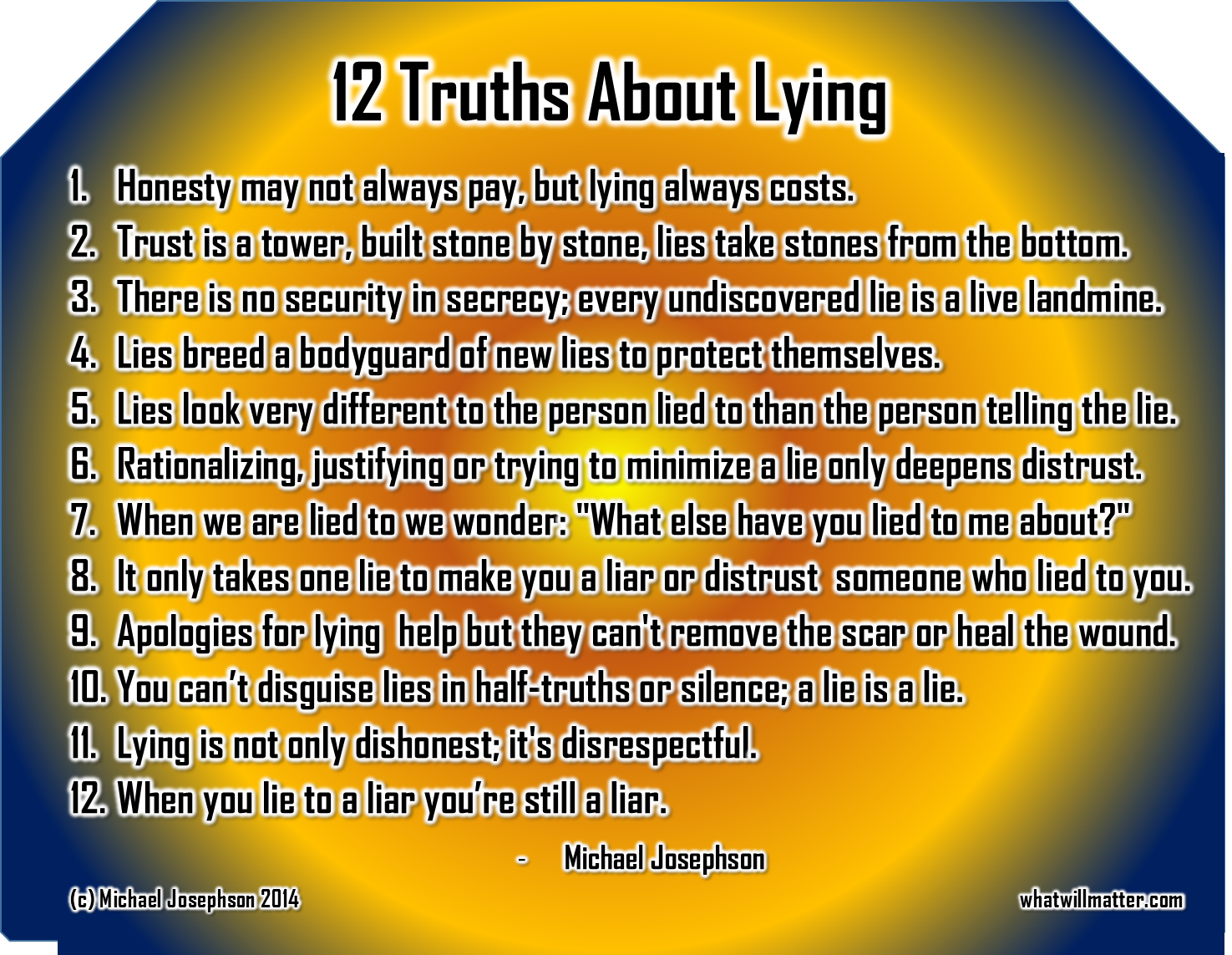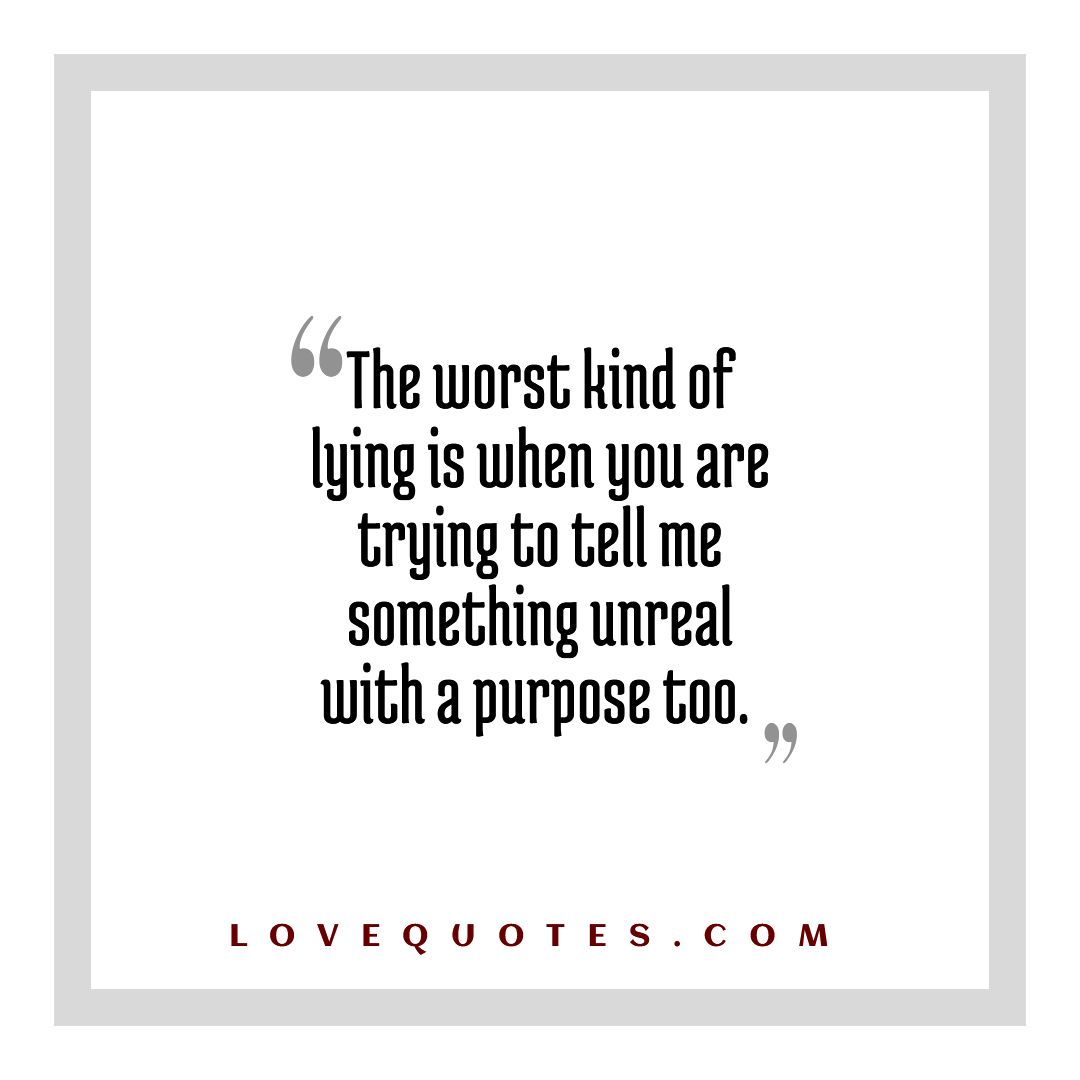You know what they say—lies have legs, but so do quotes. And when it comes to quotations about lying, there’s a treasure trove of wisdom waiting to be uncovered. Whether you’re diving into philosophy, literature, or just plain old common sense, these quotes will make you think twice before spinning that next tall tale. So, buckle up and let’s explore the fascinating world of deceit and honesty through the eyes of some of history’s greatest minds.
Lying is more than just a social faux pas; it’s a deeply rooted human behavior that has sparked endless debates throughout history. From Shakespeare’s quips to modern-day musings, the art of deception has been both condemned and celebrated. But why do we lie? And what can we learn from the words of those who’ve pondered this timeless question?
In this article, we’ll dig deep into the realm of quotations about lying, uncovering their meanings, implications, and relevance in today’s world. Whether you’re a truth-seeker or just someone who enjoys a good paradox, you’re in for a treat. Let’s dive in!
Table of Contents
- Introduction to Quotations About Lying
- A Brief History of Lies
- Famous Quotes About Lying
- The Psychology Behind Lying
- Lying in Literature
- Philosophical Perspectives on Lies
- Religious Views on Deception
- Quotations About Lying in Modern Times
- The Consequences of Lying
- The Value of Truth
- Conclusion: Lies, Quotes, and Everything in Between
Introduction to Quotations About Lying
Let’s face it—lying is a part of life. Whether it’s a little white lie to spare someone’s feelings or a massive fabrication to cover up a mistake, we’ve all dabbled in the art of deception at some point. But what makes lying such a fascinating subject? Perhaps it’s the duality of it all—the tension between truth and falsehood, honesty and deceit.
Quotations about lying offer a unique lens through which we can examine this complex behavior. They challenge us to reflect on our own actions and the impact they have on others. From the ancient Greeks to modern-day thinkers, these quotes remind us that lying is more than just a moral issue—it’s a reflection of who we are as individuals and as a society.
So, why should you care about quotations about lying? Because they provide insight, provoke thought, and sometimes even make you laugh. They’re like little nuggets of wisdom that help us navigate the murky waters of human behavior. And hey, who doesn’t love a good quote?
A Brief History of Lies
Believe it or not, lying has been around for as long as humans have been able to communicate. Ancient civilizations had their own take on deception, often weaving it into myths and legends. The Greeks, for example, had the god Hermes, who was known for his cunning and trickery. Even the Bible has its fair share of tales involving lies, from Eve’s apple to Jacob’s deception of Isaac.
Throughout history, lying has been both condemned and celebrated. In some cultures, it’s seen as a necessary evil, while in others, it’s viewed as a cardinal sin. But one thing’s for sure—lying has always been a hot topic of discussion. And as society evolves, so do our attitudes toward deceit.
Key Moments in the History of Lying
- The Greeks and Romans used lying as a tool in warfare and politics.
- The Renaissance saw a shift toward valuing honesty and integrity.
- In the modern era, lying has become a subject of scientific study, with psychologists exploring its causes and effects.
Famous Quotes About Lying
When it comes to quotations about lying, there’s no shortage of memorable lines. From Mark Twain’s witty observations to George Orwell’s chilling warnings, these quotes offer a range of perspectives on the nature of deception. Let’s take a look at some of the most famous ones:
Mark Twain
“If you tell the truth, you don’t have to remember anything.” This classic quote from Mark Twain sums up the simplicity of honesty. It’s a reminder that lying often leads to a tangled web of half-truths and cover-ups, making life unnecessarily complicated.
George Orwell
“Political language is designed to make lies sound truthful and murder respectable.” Orwell’s words are a stark warning about the dangers of propaganda and the manipulation of truth for political gain. In a world where information is power, this quote is more relevant than ever.
William Shakespeare
“The truth will out.” Shakespeare’s timeless wisdom reminds us that lies, no matter how cleverly crafted, will eventually be exposed. It’s a comforting thought in an era where fake news and misinformation seem to dominate the headlines.
The Psychology Behind Lying
Why do people lie? It’s a question that psychologists have been trying to answer for decades. Research suggests that lying is a complex behavior influenced by a variety of factors, including fear, desire, and social pressure. Some people lie to protect themselves, while others do it to gain an advantage or avoid conflict.
Interestingly, studies have shown that lying can have both short-term and long-term effects on mental health. In the short term, it may provide a sense of relief or satisfaction, but over time, it can lead to guilt, anxiety, and even depression. The psychological toll of living a lie can be significant, which is why many experts advocate for honesty as a healthier alternative.
Types of Lies
- White Lies: Small, harmless deceptions meant to avoid hurting someone’s feelings.
- Compulsive Lies: Lies told habitually, often without any clear purpose.
- Pathological Lies: Lies told with malicious intent, often to manipulate or deceive others.
Lying in Literature
From Shakespeare to modern-day novels, lying has been a recurring theme in literature. Authors have long been fascinated by the interplay between truth and deception, using it to explore complex characters and plotlines. Some of the most famous examples include:
Othello by William Shakespeare
In this tragic play, the character Iago masterfully manipulates those around him through lies and deceit, leading to devastating consequences. Shakespeare’s exploration of jealousy and betrayal highlights the destructive power of lying in human relationships.
To Kill a Mockingbird by Harper Lee
This classic novel examines the theme of lying through the lens of racial injustice. The character of Tom Robinson is falsely accused of a crime he didn’t commit, illustrating the devastating impact of lies on innocent people.
Philosophical Perspectives on Lies
Philosophers have long debated the morality of lying, with differing opinions on whether it’s ever justified. Immanuel Kant, for example, believed that lying was always wrong, regardless of the circumstances. On the other hand, utilitarian thinkers like John Stuart Mill argued that lying could be acceptable if it resulted in a greater good.
Modern philosophers continue to explore the nuances of lying, examining its role in ethics, politics, and everyday life. One thing’s for sure—there’s no easy answer when it comes to the question of whether lying is ever justified.
Key Philosophical Questions
- Is lying always morally wrong?
- Can lying ever be a form of self-defense?
- What are the long-term consequences of lying on society?
Religious Views on Deception
Most major religions have strong opinions on lying, viewing it as a violation of moral and ethical principles. In Christianity, for example, lying is considered a sin, as it goes against the commandment to “bear true witness.” Similarly, in Islam, honesty is seen as a fundamental virtue, with lying being frowned upon in most circumstances.
However, some religious traditions allow for exceptions to the rule against lying. For instance, in certain Buddhist teachings, lying may be permissible if it prevents harm to others. These differing perspectives highlight the complexity of the issue and the need for context when evaluating the morality of lying.
Quotations About Lying in Modern Times
In today’s fast-paced world, lying takes on new dimensions with the rise of technology and social media. Fake news, deepfakes, and other forms of digital deception have made it harder than ever to separate fact from fiction. As a result, quotations about lying have taken on new significance, offering guidance and insight in a world where truth is often elusive.
Some modern-day quotes on lying include:
- “The truth is more important than the facts.” – Frank Lloyd Wright
- “Lies can never change the truth, but they can delay it.” – Unknown
- “In a world of lies, the truth becomes the ultimate rebellion.” – Unknown
The Consequences of Lying
While lying may seem like an easy way out in the moment, the consequences can be far-reaching and long-lasting. Broken trust, damaged relationships, and lost opportunities are just a few of the potential outcomes of deceit. In some cases, lying can even lead to legal or financial repercussions, depending on the severity of the lie.
On a societal level, lying can erode the fabric of trust that holds communities together. When people lose faith in institutions, leaders, or even each other, the consequences can be devastating. That’s why many experts emphasize the importance of honesty and transparency in all aspects of life.
How to Avoid the Consequences of Lying
- Be honest, even when it’s difficult.
- Admit mistakes and take responsibility for your actions.
- Practice empathy and consider the impact of your words on others.
The Value of Truth
At the end of the day, the value of truth cannot be overstated. Honesty builds trust, strengthens relationships, and fosters a sense of integrity. It’s the foundation upon which strong communities and healthy societies are built. As the old saying goes, “The truth may hurt, but it sets you free.”
Quotations about lying remind us of the importance of truth in our lives. They challenge us to be better, to strive for authenticity, and to value honesty above all else. In a world where lies can seem tempting, these quotes serve as a powerful reminder of the power of truth.
Conclusion: Lies, Quotes, and Everything in Between
In conclusion, quotations about lying offer a wealth of insight into one of humanity’s most complex behaviors. From ancient philosophers to modern-day thinkers, the wisdom contained in these quotes challenges us to reflect on our own actions and the impact they have on others. Whether you’re a truth-seeker or just someone who enjoys a good paradox, there’s something to be gained from exploring the world of lying through the eyes of history’s greatest minds.
So, the next time you’re tempted to spin a little white lie, remember the words of Mark Twain: “If you tell the truth, you don’t have to remember anything.” And if you’re looking for more inspiration, be sure to check out some of the other great quotes and resources available on this topic. After all, the truth is out there—and it’s waiting for you to find it!
What are your thoughts on lying? Do you have a favorite quote about deception? Share your thoughts in the comments below and let’s continue the conversation!


